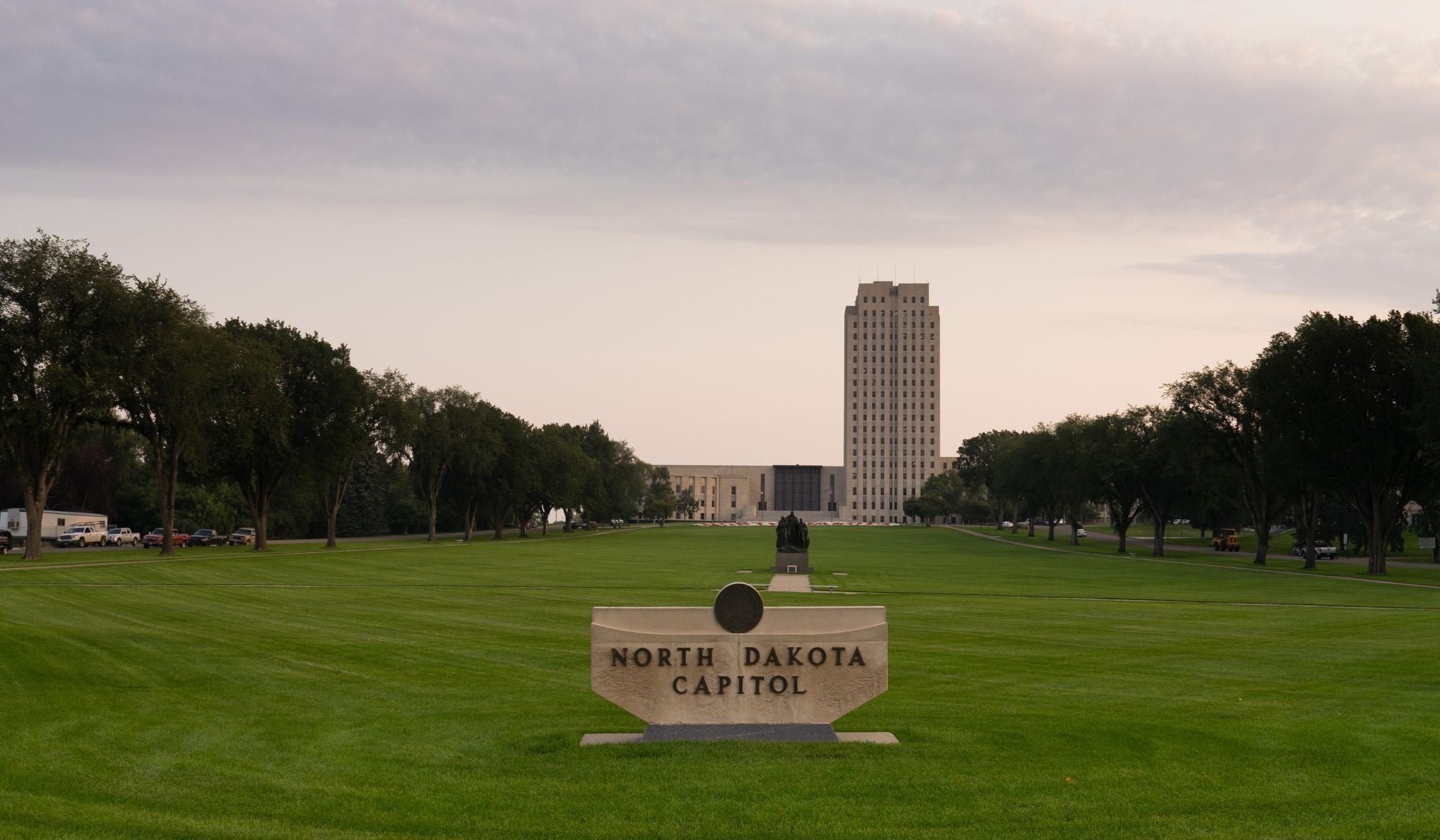We're hiring! Check out our opportunities on our careers page!
Our Office: 4100 32nd Ave. S. Fargo, ND 58104
Our Office: 4100 32nd Ave. S. Fargo, ND 58104

North Dakota’s electric cooperatives were active and effective at the Capitol during the 2025 legislative session, advocating for member-focused legislation and protecting against proposals that could increase costs or compromise electric reliability. The session brought several key wins that strengthen the future of affordable, sustainable and resilient electricity for Cass County Electric Cooperative (CCEC) members.
A major development this session was the state’s allocation of up to $500 million toward the development of a large-scale natural gas pipeline. The proposed line would stretch from the Bakken region to the Casselton area, opening the door for potential future power generation projects. While the project remains in early planning stages, it represents an important opportunity for resource diversification and long-term reliability as North Dakota’s energy needs grow.
Cooperatives also successfully advocated for a phased implementation of the state’s coal conversion tax. Rather than reinstating the tax all at once – which would have imposed a multimillion-dollar annual burden on electric cooperatives – the legislation allows for a gradual phase-in over five years. This outcome ensures proper financial planning and helps minimize cost impacts to end-use members.
Efforts to impose barriers on carbon capture and storage (CCS) development were a concern heading into the session. These proposals, if enacted, could have limited the ability to deploy CCS technologies needed to comply with potential future environmental regulations. Cooperative advocacy played a central role in defeating these bills, preserving CCS as an option.
Another success came in maintaining cooperative self-governance. A bill aimed at restricting how cooperatives manage large load and data center development was defeated. Cooperatives emphasized that local governance and member involvement are fundamental to the cooperative model, and unnecessary external oversight would have disrupted that balance.
Cooperatives supported the passage of a transmission siting bill that creates uniform setback standards statewide for new transmission line development. This legislation provides much-needed clarity and consistency, allowing critical infrastructure to be developed responsibly and with respect for landowners.
With wildfire risk increasing in western North Dakota, lawmakers passed a bill that helps define the roles, responsibilities and liabilities of utilities in the event of a wildfire. This legislation is a first step in a broader conversation around wildfire mitigation, and additional work in this area is expected in future sessions.
CCEC and its electric cooperative partners in North Dakota remain focused on member-first advocacy at the state level and will work every session to ensure that electricity remains reliable, affordable and sustainable for the long term.